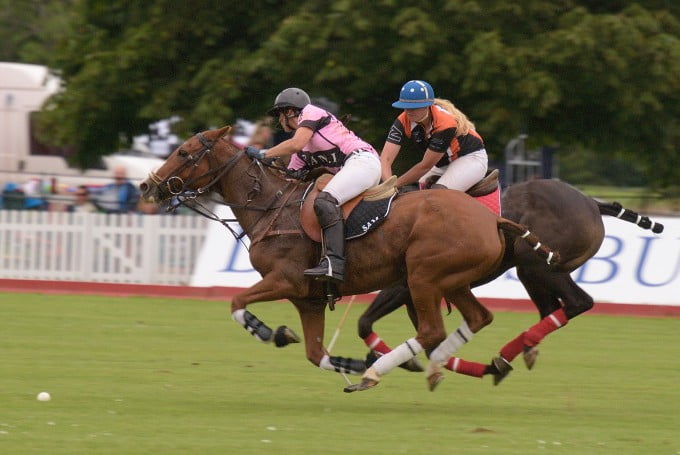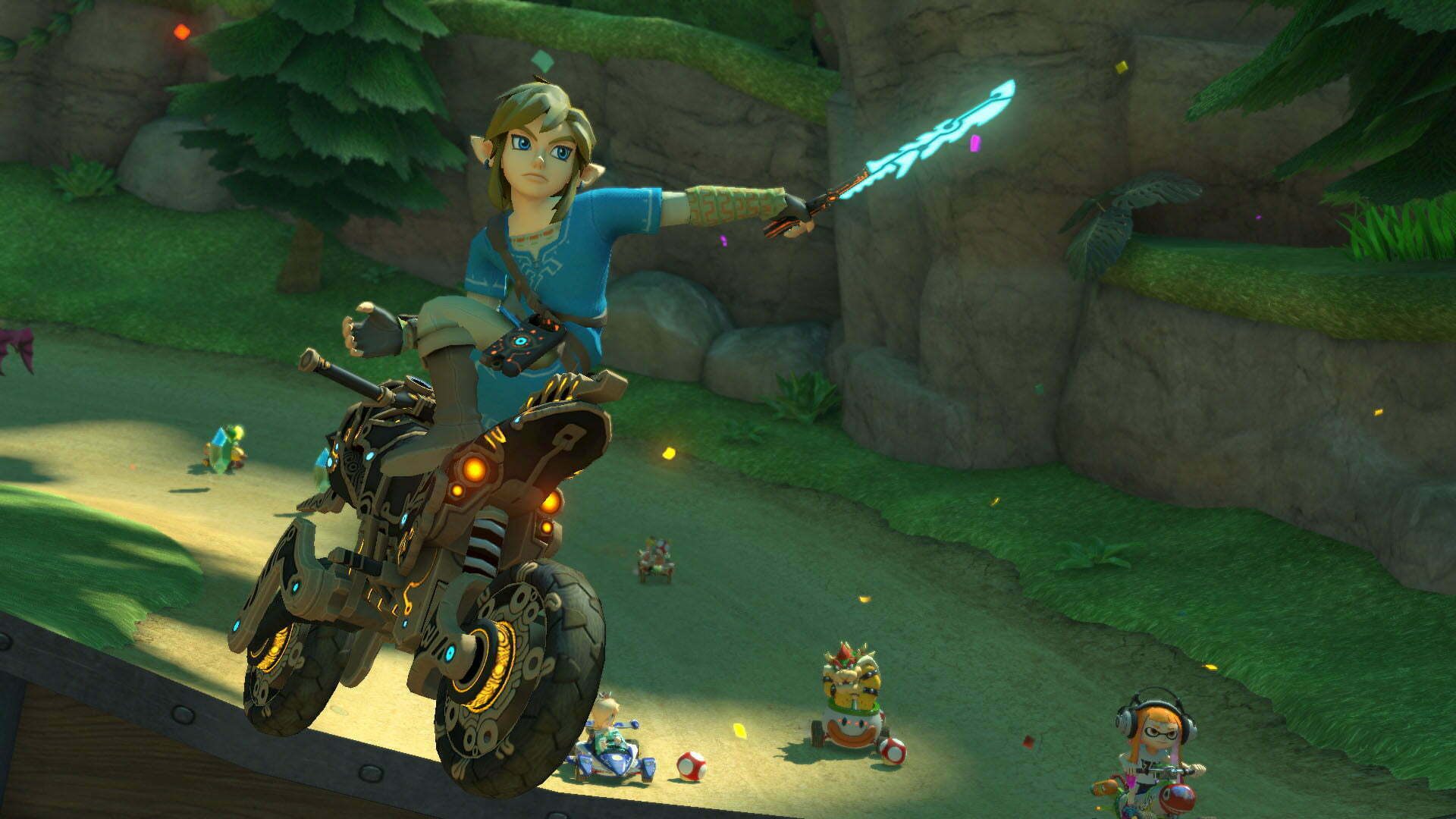AWFF 2019: Sisterhood on display via documentaries Daughters of the Polo God, Roshan and Mani
Day 1 of IAT’s fifteenth Asian Women’s Film Festival (AWFF) 2019 showcased Indian documentary movies under a curated segment aptly entitled ‘Sisterhood’ — a 20-minute student documentary Roshan and Mani directed through Rishaya Palkhivala, and a 33-minute Manipuri documentary, Daughters of the Polo God, addressed using Roopa Barua.
Roshan and Mani is a poignant insight into the lives of elderly Parsi sisters, Roshan and Mani, and the usual trials and tribulations of living together as inevitable mortality looms closer than ever. A smooth film that combines humor with gravitas, the film seamlessly stitched mosaic of casual interactions among the 2 sisters and the offscreen filmmaker.
Palkhivala gives touching vignettes of the everyday lives of the 2 protagonists in which one sister is regularly dropping her draw close on her present, even as the opposite tends to her and each day chores of the household. “She remembers the beyond, however nothing of the present,” says the more youthful approximately the elder. What comes strikingly via to the audience is the childlike innocence of the elderly as they banter and argue however love each other different amidst all of the regrets that amass in the twilight of the existence lived and the moments forwent.

On the other hand, documentary filmmaker Roopa Barua’s Daughters of the Polo God is a superbly shot and coronary heart-warming narration of young Manipuri women inside the state’s polo recreation in conjunction with the plight of the ponies within the country because of ecological disruptions.
Beginning with an extended shot of the breath-taking herbal splendor of Manipur and ultimate with an inspiring and touching long shot of a young Manipuri polo player on foot alongside the serpentine road together with her loved pony, the movie follows the episodic journey of lady players of the country and the history of polo because it ties with the prevailing.
From the ancient beginnings of polo or Sagol Kangjei (as it’s miles called in Manipuri) as a wartime peace exercising at some point of the Kangleipak state to the modern-day court cases of the Manipur Horse Riding and Polo Association, the movie draws ancient, ecological, cultural and social connections between the sport, the ponies and the community of the state.
In truth, the present-day polo model is attributed to have originated in Manipur, which additionally houses the oldest polo ground within the world, The Mapal Kangjebung at Imphal, and additionally a temple devoted to the polo god, Iboudhou Marking.
Filmmaker Barua became joined on the screening using Some Roy, producer of the Hunter! The equine mission works for the conservation of ponies inside the country, and Lt Gen Arun Kumar Sahni, vice-president of the India Polo Association. Roy keenly spoke back questions from the target audience approximately the conservation venture and the destiny of the ponies inside the country today. The revived hobby in Manipur in contemporary polo, alongside girls’ involvement and collaborations with worldwide teams and polo institutions, have helped protect the swiftly declining population of ponies.
Reflecting on a question about the possible purpose at the back of the heroism of Manipuri women across systems from the enduring Meira Paibi protest to the desire of Iron Sharmila, Barua conjectures, “I assume that the Manipuri ladies are so heroic due to the gender equality in Manipur society which is unlike everywhere else. I also suppose that girls’ big sports activities culture is a vital part of additionally promotes their heroism.”
Some Roy brought, “There is no traditional heavy industry in Manipur. There are handiest cottage industries in particular, and the women manipulate these industries. Hence, they manage the money, so I think it is easy to infer that they, as a result, keep a crucial function in Manipuri society.”
The section of the pageant over again harkens again to the subject matter of the festival for 2019: The Female Gaze. The documentaries shape a curious and eclectic coupling via the lens of a rising and an established filmmaker — from the non-public and personal micro-narrative of the aged sisters to the general public. Collective narrative of the ladies polo players, the belief of sisterhood and female bonds emerges because the cohesive binding force for girls to transport forward in society, uplifting and helping every different with resource from allies in opposition to the belittling hegemony of patriarchy.
The Asian Women’s Film Festival is held from 5-7 March 2019 at the India International Centre in Delhi. The subject of the 15th edition is ‘The Female Gaze.’ The competition will screen over 50 films from 20 nations by using female filmmakers in numerous formats and workshops, panels, and artwork installation.



















